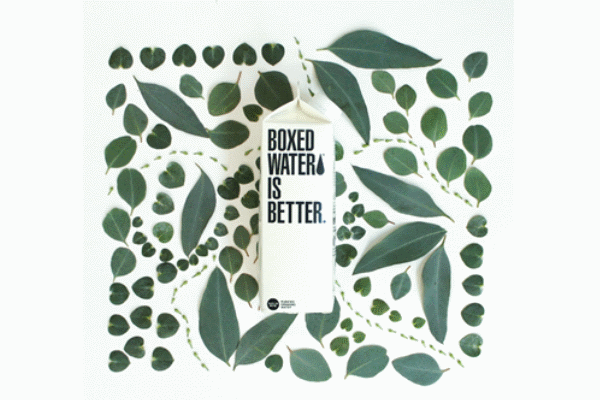The challenges of sustainability and what brands can do about it
In a scene from the popular US show The Good Place, it is revealed that no one has gotten into heaven for hundreds of years, because being a good person has become too complicated. While intentionally irreverent, the moral and ethical quandaries therein are perfectly captured in the simple act of buying a tomato:
“These days just buying a tomato at a grocery store means that you are unwittingly supporting toxic pesticides, exploiting labour, contributing to global warming. Humans think they are making one choice, but they are actually making dozens of choices…”
So, if you buy organic produce but it is covered in plastic wrap, is your good deed undone? And if you bypass a plastic bag for a cotton tote, but you’ve just purchased meat, should you not even bother? Fun fact from The Times: A pound of beef will have roughly 25 times the global warming impact as the disposable plastic bag it’s carried in. All in all, what’s a person to do?
While sustainability is a worthy goal, it may more often be praised rather than practiced – as the desire of being a good citizen comes into conflict with the logistics of everyday living. TVE would like to step back and examine the barriers in the space, and what brands can do to overcome them. This is especially important as our carbon footprint continues to grow, but we simultaneously see an unfortunate rise in cynicism as sustainability becomes more mainstream.
We start by looking at the biggest sustainability challenges and highlight some behavioural principles along with smart ways brands have tackled them. We embrace multiplicity and acknowledge the topic is complicated. However, there is lots that can be done, and it’s an exciting time for companies and brands to get to work.
Specifically, we’ll explore:
- The problem of scale. The biggest impediment to sustainability may be the sentiment of, “It doesn’t make a difference anyway.” The notion is that individuals cannot make a meaningful impact; change must come on a larger scale from governments and corporations. We challenge this assumption with brands that make impact tangible through the power of strong narratives and consumer gestures.
- The problem of price. In an increasingly competitive market, sustainable products are often pricier than their everyday alternatives. We look at badge brands and smart ways sustainable products have made themselves worth the higher price point.
- The problem of effort. Let’s be honest – human beings are lazy, but in a seamless economy, sustainability often involves extra work. More kindly, we are creatures of habit, but sustainability involves a significant change in behaviour. We look at brands that make the process seamless.
Stay tuned for all the blogs in our sustainability series to learn how brands can gain inspiration and leverage these principles to grow their business.


